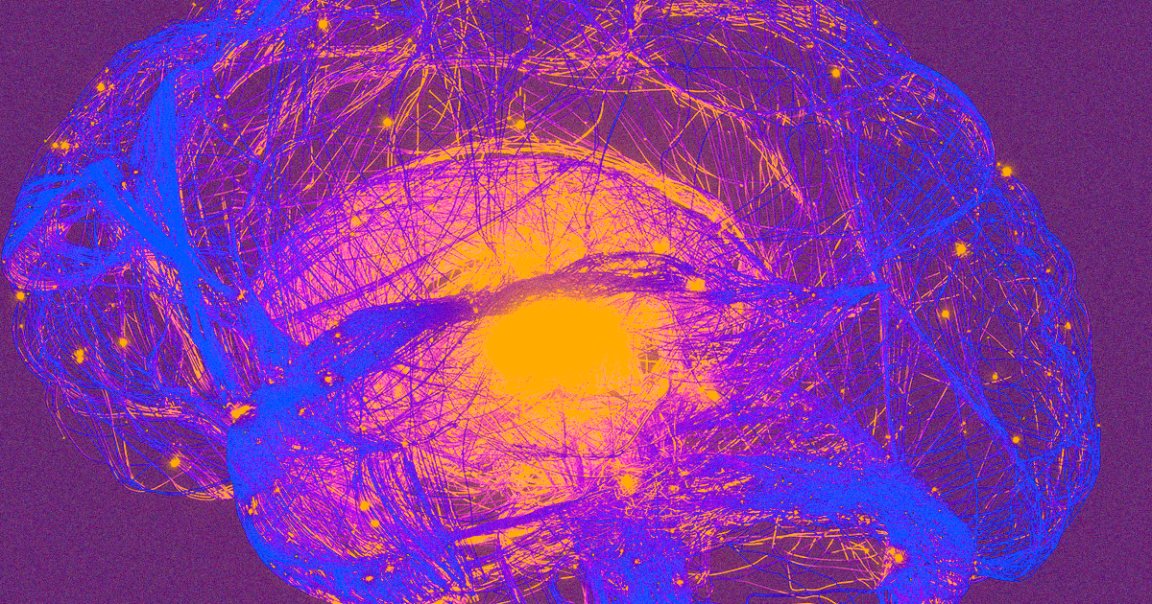
A decades-old and controversial theory suggesting that quantum effects in the brain could explain consciousness may hold more weight than scientists gave it credit for.
The nature of consciousness has long puzzled us. One idea, traditionally seen as far fetched, is that the unusual laws that govern the quantum world could be behind what allows us to experience consciousness, New Scientist reports.
In 1990s, physicist Roger Penrose and anesthesiologist Stuart Hameroff suggested that tiny microtubules, hollow tubes that form the “skeletons” of plant and animal cells, could allow for a breakdown in the structure of space-time that interrupts quantum superposition, the fundamental principle of quantum mechanics that posits a physical system can exist in two states at the same time.
This breakdown of superpositions then allows consciousness to exist, the theory known as Orchestrated objective reduction (Orch OR) suggests.
Many scientists dismissed the idea. But the theory, according to New Scientist, has been gaining new traction lately.
In one recent experiment, it reported, a team led by Jack Tuszynski at the University of Alberta in Canada found that anesthetic drugs allow microtubules to re-emit trapped light in a much shorter time than originally thought.
They found that light caught inside an energy trap was re-emitted after a mysterious delay, a process they propose could be of quantum origin, New Scientist explains.
In the presence of an anesthetic, however, this delay was shortened considerably. In other words, the thinking goes, the process of consciousness may be behind the delay.
It’s far too early to tell if the experiment could actually explain what allows us to be conscious, and Tuszynski’s peers are understandably wary of those results.
“It is interesting,” University of Oxford quantum physicist Vlatko Vedral told New Scientist. “But this connection with consciousness is a really long shot.”
There’s also a chance that the laws of classical, not quantum, physics are behind the odd delay.
Still, the results have Tuszynski intrigued.
“We’re not at the level of interpreting this physiologically, saying ‘Yeah, this is where consciousness begins,’ but it may,” he told New Scientist.
And his peers certainly seem to be intrigued, if nothing else.
“Even if you could claim that cell division is somehow underpinned by some quantum effects, this would be a huge thing for biology,” Vedral told the magazine.
READ MORE: Quantum experiments add weight to a fringe theory of consciousness [New Scientist]
More on consciousness: Neuroscientist Ponders Whether People Remain Conscious After Having Their Heads Chopped Off